Latest News
Kitchen Chat and more…
Kitchen Chat and more…
Click on link: [download id=”97″]
Click on link:
[download id=”96″]
In everyday life, to give means to have less for ourselves. If someone gives you some money or some food, immediately they notice that they have less money or less food. Or, if one gives more time to his work, he has less time for his family. It is a law in this world of ours, that giving to one means taking from another. It is this reality, the reality of scarcity in our world that brings us fear.
At the end of the day, the fear and anxiety that we carry is born from our awareness of what we can lose and have lost, or that perhaps there will not be enough for us. Fear rules this world.
But there is another world. Read more

